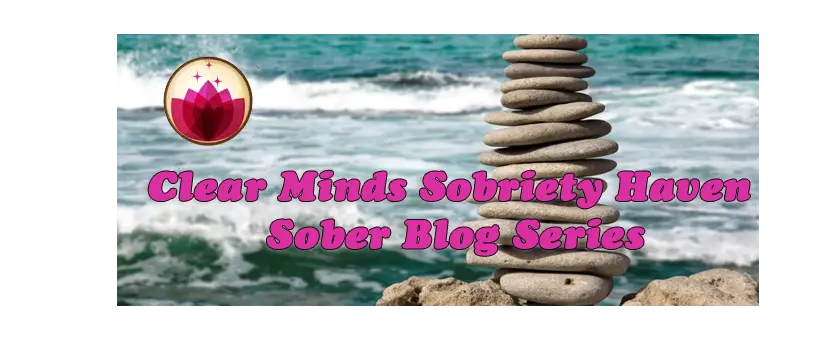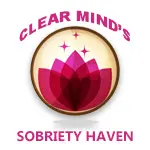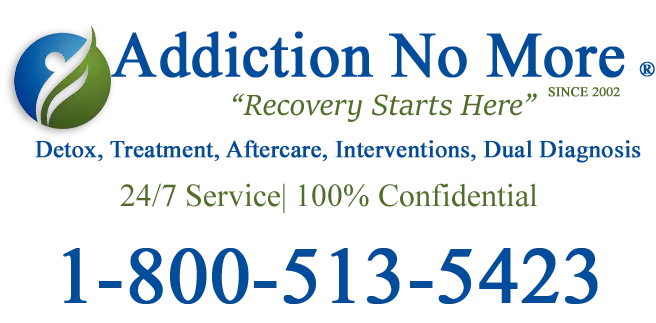
Dreams of Relapse and Non-Alcoholic Dreams
Hello friends! I am a few days past my 90th sober day! I’ve noticed that I’ve been having dreams about avoiding alcohol. Never in my life would I expect to be dreaming about saying NO TO ALCOHOL! But here we are. Most of these dreams are about NOT drinking however a few of them have been about having a relapse and getting drunk. In the past, as a binge drinker, I do not ever remember dreaming about alcohol. Now that I have refrained for over 3 months, it seems to happen a lot. In these dreams, I will often be with my friends who are drinking and I am trying to actively avoid the room, or I tell them “no” or I am panicking trying to remove myself from the situation. This seems to be a common occurrence for people who are in recovery from alcohol or drugs. Several people in my online support group have also mentioned having “Dreams of Alcohol” too. So I decided to research the reasons this happens and give you some information about dreams when trying to stay sober.
Why Do We Dream of Drugs or Alcohol When Sober?
There are many reasons that a recovering alcoholic will experience alcohol dreams even though they’re ecstatic about their recovery success. If you have been a heavy drinker for many years, then it was an important part of your life. Once you stop drinking, you probably still think about getting drunk pretty often and remember details. So does your subconscious mind while you sleep. Those memories and thoughts influence dreams.
Dreams are usually inspired by events that happen throughout the day. Even a late-night TV show or book before bed can influence your dreams. If you were triggered by a beer commercial, that might cause alcohol to creep into your dream. There is also a greater tendency to experience relapse dreams during the time of stress. This may indicate that you need to find a more effective way to manage a situation.
Dreams are random images your brain creates to respond to things that happen throughout the day or memories of the past. When people are drinking or using drugs on a day-to-day basis, that becomes “the norm” in our brains. So dreaming that we are relapsing or refraining from alcohol will most likely be our brains either remembering something that happened in the past or avoiding or succumbing to our biggest fear (relapsing).
Dreams prepare the mind for possible future stresses. This is the reason someone might dream of relapsing. This is our biggest worry as an alcohol dependant people. When you work hard to get where you are today, knowing having just one drink can destroy it all can be a lingering fear in the back of your mind. Dreaming you are going to relapse or dreaming about what to do in a situation where alcohol is offered is a way of your mind conditioning itself to handle things efficiently.
Dreams are a way for you to contact your subconscious. In doing so, your dreams could be telling you ways to avoid uncomfortable situations where your waking mind might be too overwhelmed to figure it out otherwise. In many of my dreams, I am at a friend’s house or at a party where everyone is drinking alcohol. I feel afraid to relapse and I am trying to tell them I don’t want to drink. In the waking world, this is something that I have been worried about. I can’t avoid people forever. How will I be able to go to a friend’s party where alcohol is abundant and not drink without drawing attention to myself? This makes sense as to why I dream these things. My mind is trying to work out a way to avoid the alcohol without avoiding the entire situation. One theory behind dreams is that they are your mind’s wish-fulfillment system. This is a means to finish things the subconscious wanted to do but didn’t. Some psychological theories believe that dreams are your mind’s way of ensuring a future destiny can manifest.
Relapse Nightmares
Addiction treatment professionals often say that these dreams are a positive part of recovery. These dreams can seem very real but are a normal part of your recovery. These nightmares about relapsing might show you that more work needs to be done in your recovery. You may have decided to stop drinking, but your subconscious may still struggle with the change you made. Your relapse dreams should be shared by your counselor, support group, or a sober friend so you can have the support you need while working through the subconscious feelings you’re having.Dreams of the past when you were still drinking or using drugs can be guilt-inducing and can shake your confidence in recovery. It’s important to remember that a bad dream about relapsing is not a premonition of the future. Usually, a dream like this shows your biggest fear. Sometimes relapse dreams will be so realistic that they are all you can think about for days. Whether a relapse dream is the result of a trigger, your mind adjusting to your new sober life, or a mental reminder to take your recovery more seriously—a bad dream is only a bad dream. Find peace in the fact that you are sober and able to prevent this bad dream from becoming your reality. No one knows how long each person will experience vivid alcohol withdrawal and relapse dreams. Returning to a normal sleep pattern usually takes between one to two weeks after your last alcoholic drink. Be aware that the process can take longer for some people. You may need a full three weeks to a month or longer to end the cycle of vivid dreams.
Ways to Relax Before Bed
Adjust Your Bedtime Routine: Allow your mind to unwind before you fall asleep by doing light meditating. In a quiet place, sit or lie down in a comfortable position. Take a few soft breaths, in and out. Begin tensing groups of muscles one at a time as you breathe. Hold the tension as you inhale, then release it as you exhale. Light stretching or yoga, listening to soothing music, or taking a relaxing bath before bed are other ways to relax. Make sure to turn off tv’s and stay off of your phone or computer at least 30 minutes before bed. Try to go to bed around the same time each night and wake up around the same time each morning. This resets your circadian rhythm. Circadian rhythms are the physical, mental, and behavioral changes an organism experiences over a 24-hour cycle. Light and dark have the biggest influence on circadian rhythms, but food intake, stress, physical activity, social environment, and temperature also affect them. Having a clear head before bed eases any rising anxieties at night.Surround Yourself with Positive People: Surround yourself with positivity and people who are going to support you to make you better. Stay positive and happy. Work hard and don’t give up hope. Surrounding yourself with positive family members and friends is essential for a fulfilling life. Positive people can have a huge impact on your mind, mood, and overall well-being. Negative people can bring you down and drain your energy. Positive people are a source of inspiration and motivation. Listen to how your body and mind feel in different environments and around certain people. Take note of who encourages you during recovery and anyone who is not supportive. By building a positive support system, you will have the encouragement to handle any challenges that come your way, relapse dreams included.
Recommit to Your Recovery: Experiencing a relapse dream doesn’t mean that you are going to relapse, but it can be a reminder that you need to work on your sobriety. When you consistently recommit to your recovery, you’re choosing to stay sober even when life is hard. It never hurts to attend an extra meeting, go from bi-weekly to weekly therapy sessions, start journaling, participate in more sober events, and spend quality time with loved ones. Recovery is more than just staying sober; it is actively investing energy into living a fulfilling sober life.
Ask for Help: If you are worried that your dreams are indicative of a larger problem, reach out for help from a trusted professional, family member, or friend. There is no such thing as getting help too early. If you think you need detox or inpatient help, you can call and speak with a counselor anything at 1-800-513-5423.

Author: Anna Marie Skye
Follow Anna Marie Skye as she discusses her struggle with binge drinking and her sobriety journey HERE.



